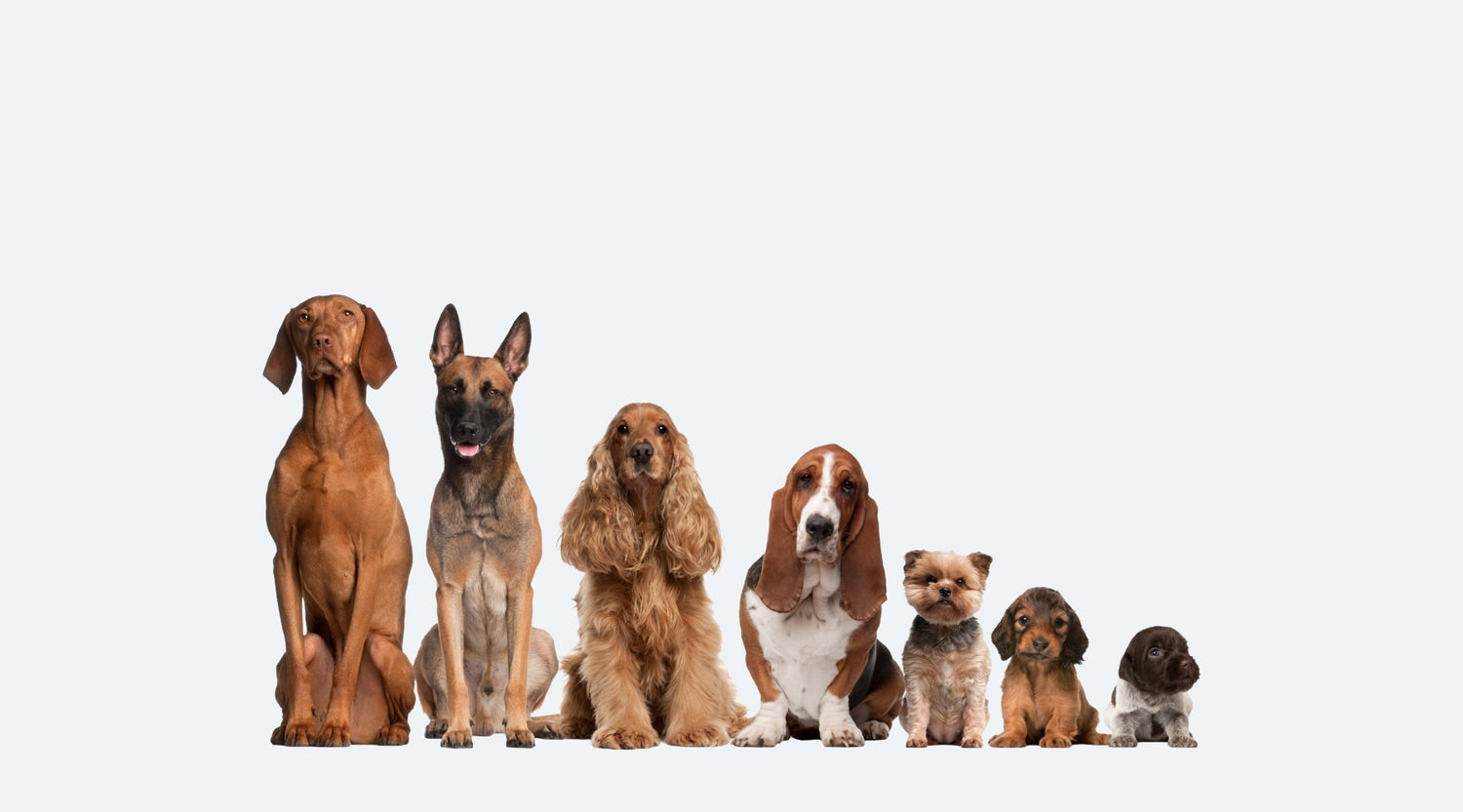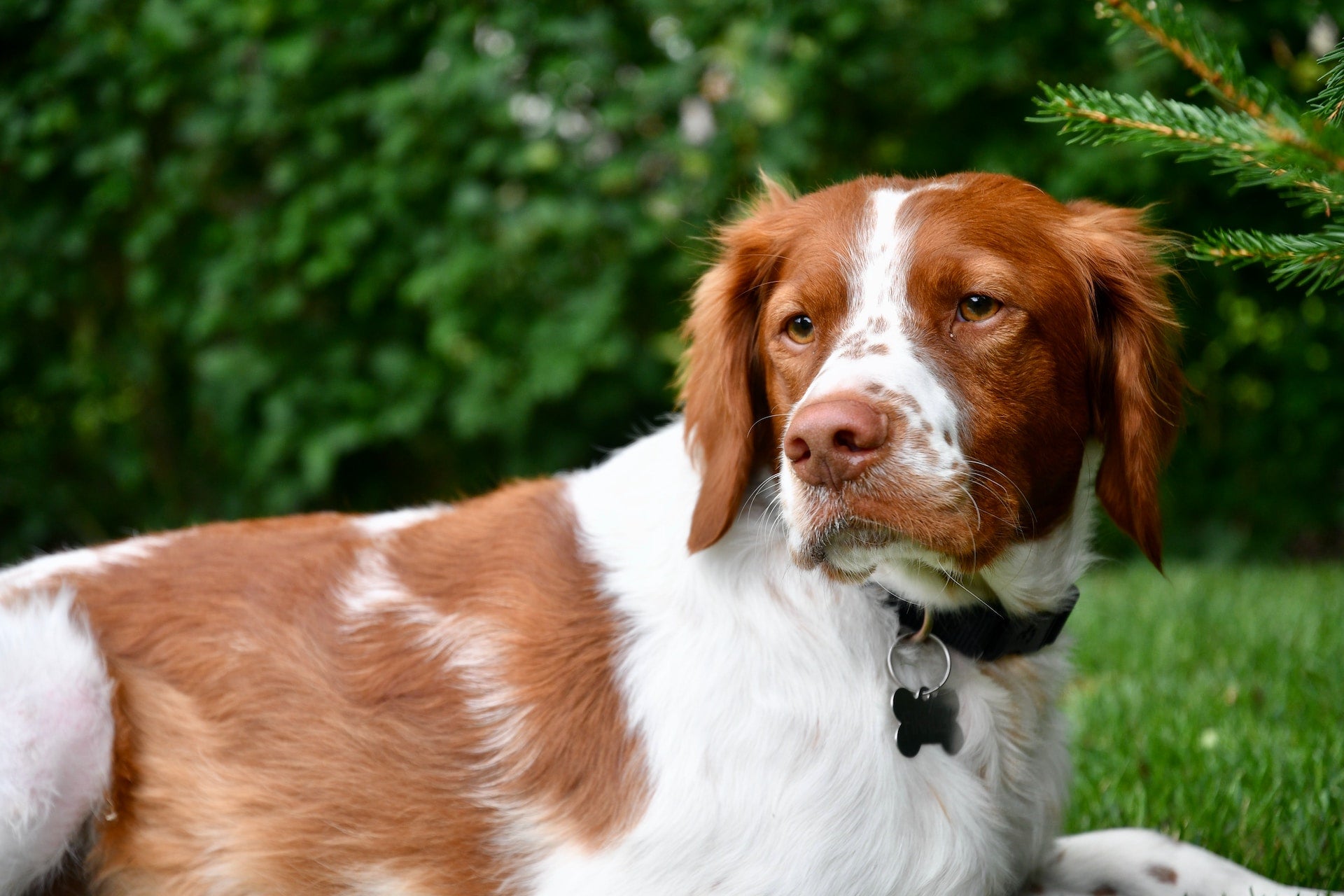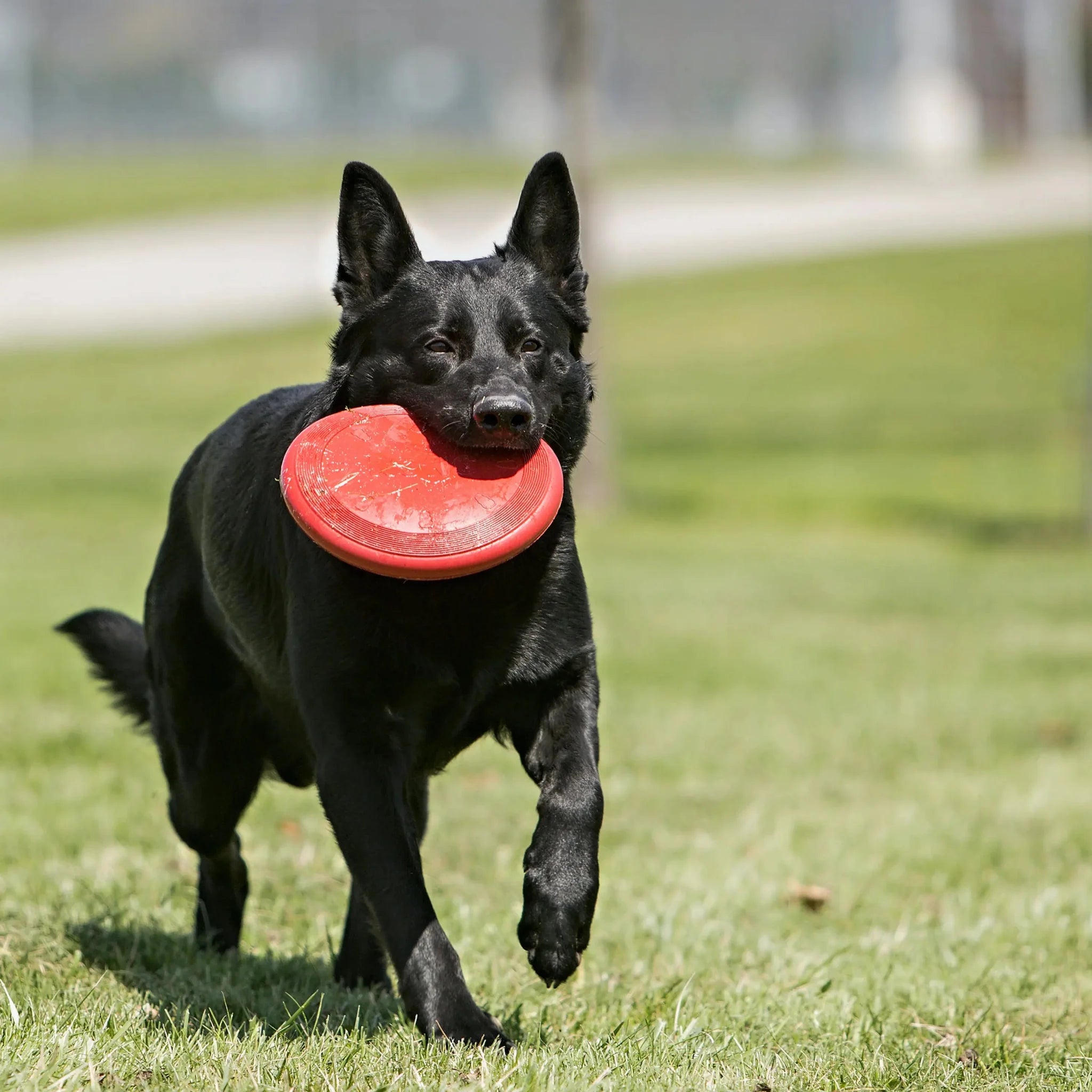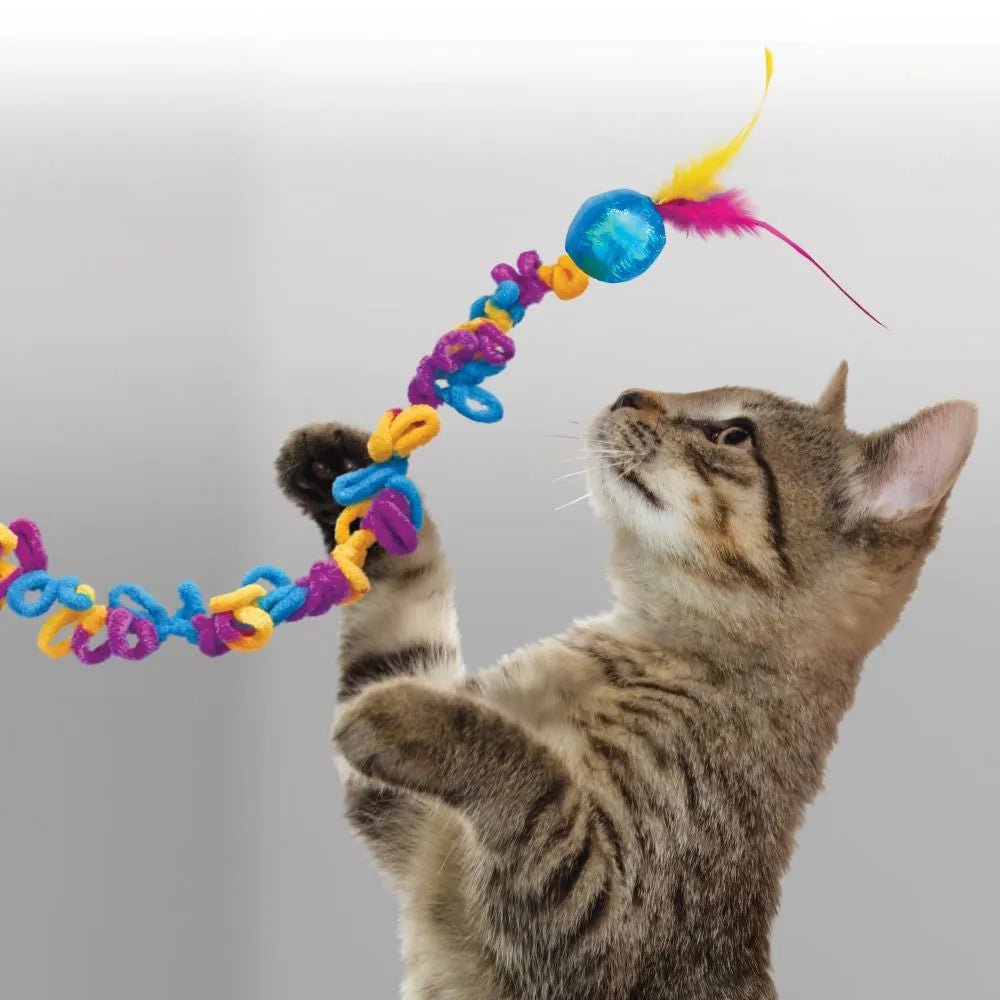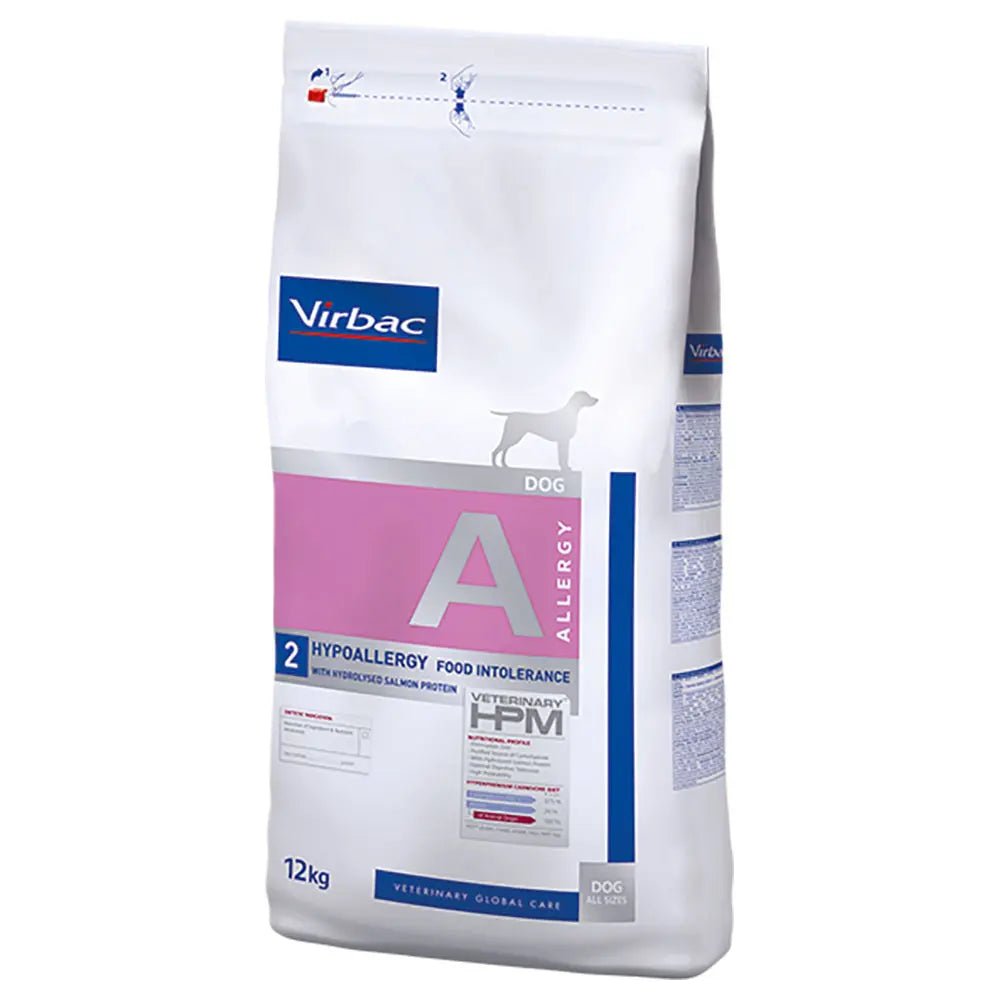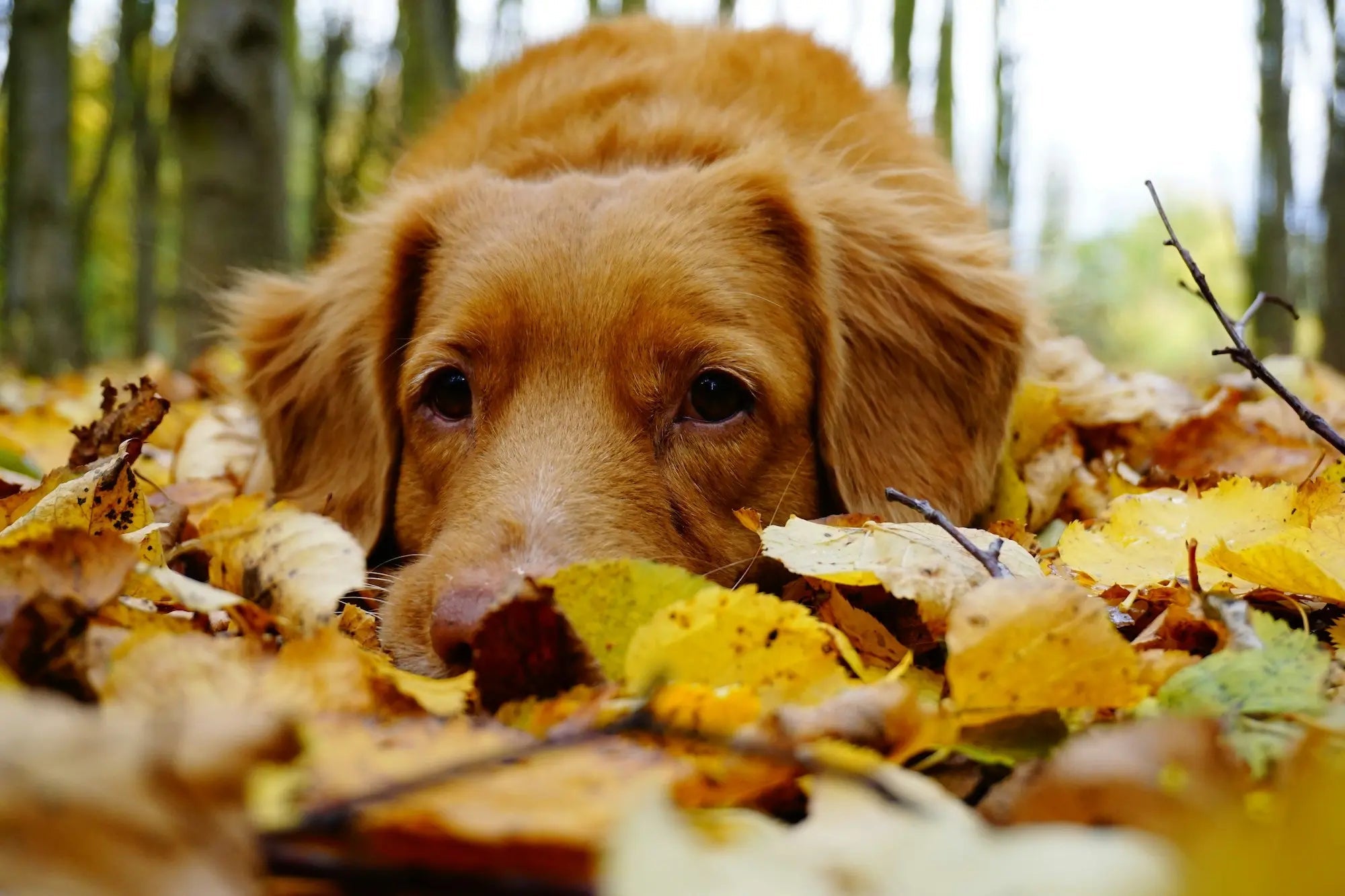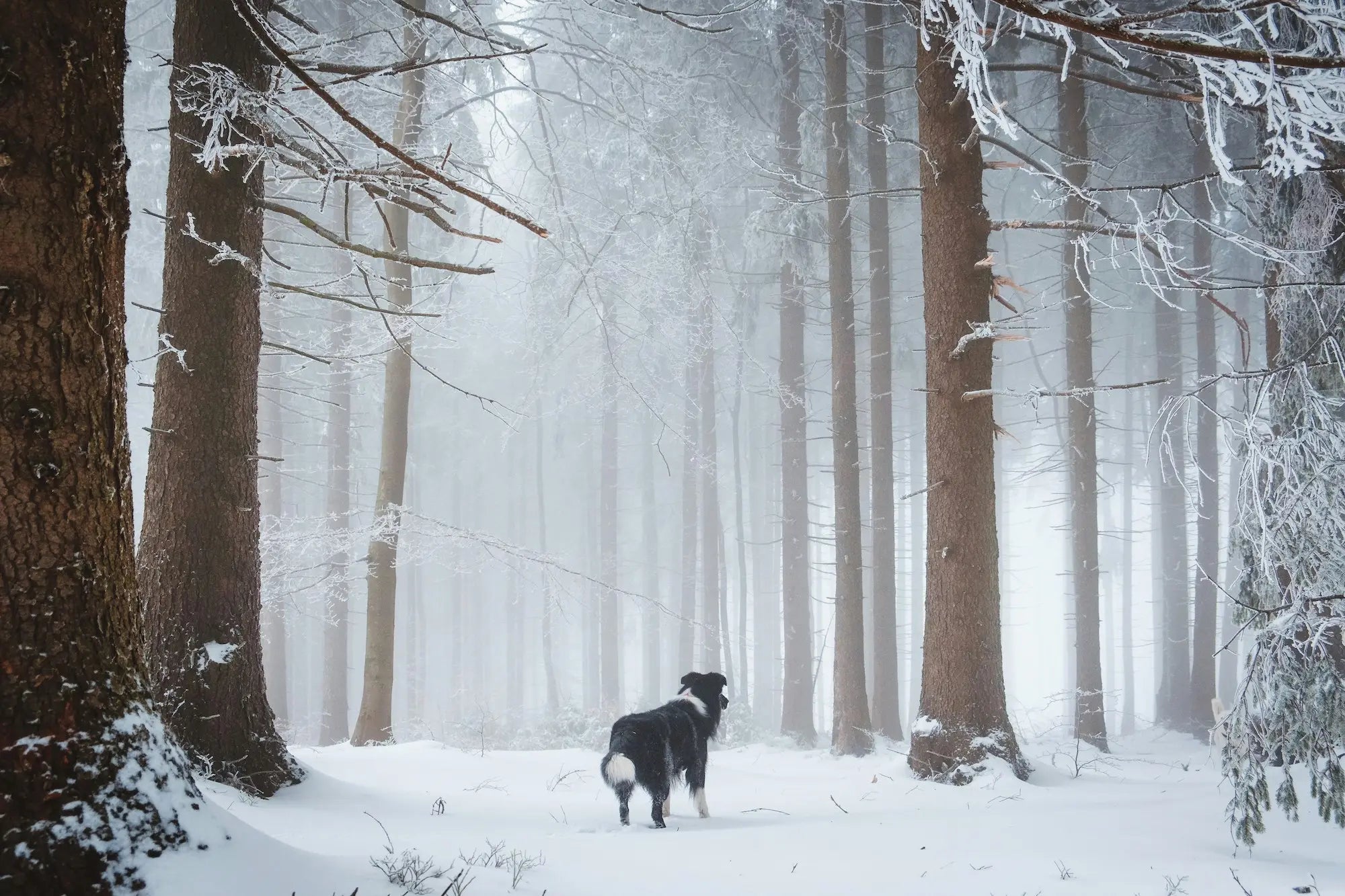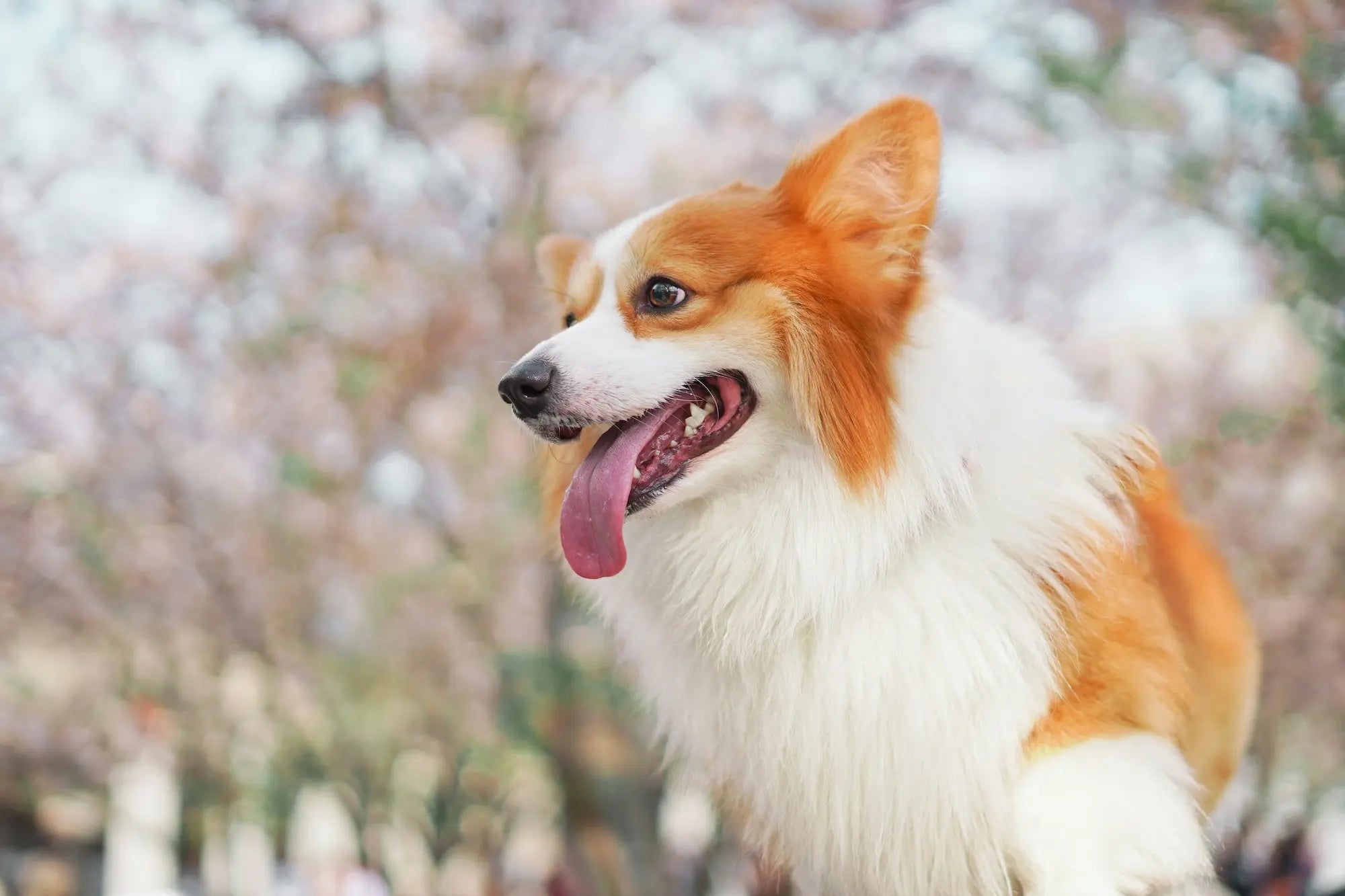The Breton is an active hunting dog with a distinctively intelligent expression. Are you wondering if a Breton is right for you? We explain what characterizes this energetic dog breed in terms of personality, activity level and health, as well as what you should think about in everyday life if you are going to adopt a Breton dog.
race facts

Family friendly

Activity level

Fur care

Training needs

Clearing

Size
Facts about the breed
The Breton originated in 19th century Brittany, France. The dog was used to hunt all types of game in all types of terrain and was therefore very popular with hunters. Despite being the smallest of the standing bird dogs, they still have great hunting instincts and stamina today.
What can you expect as an owner of a Breton dog?
Personality
Personality
The friendly expression of a Breton matches their personality well. They show no signs of aggression and are incredibly adaptable, social and eager to learn. If you are looking for a hunting companion, the cooperative Breton is perfect for all types of bird hunting. The Breton makes a great family member if its activity needs are met. Remember that the Breton is primarily bred for hunting and needs a lot of exercise like the other bird dog breeds.
Activity level
Activity level
To satisfy a Breton's activity needs, walks in the neighborhood are not enough. Bretons have a lot of energy, and the breed should preferably be used for hunting. If you don't have the opportunity for this, or long walks in the forest, another breed of dog will be more comfortable with you.
Training
Training
Bretons are very trainable and are good at commands such as fetch. Remember that it is important to be consistent and use positive reinforcement, as with all other dog breeds.
Health
Health
Weight and size
A male Breton weighs approximately 17-25 kg and is between 48 and 51 cm tall.
The bitches weigh approximately 15 - 23 kg, and are between 47 and 50 cm tall.
Lifespan
12 - 14 years
Hereditary diseases
It is common for some dog breeds to be more prone to hereditary diseases than others. In general, the Breton is a healthy breed, but there are some cases of hip dysplasia and epilepsy .
Fur
Fur
Bretons come in different variations in color and coat. The base color is white with spots of orange, liver or black. Also found in tricolor varieties. They shed little and the coat is considered self-cleaning. The coat is straight or slightly wavy and with a good undercoat they can withstand both rain and cold.
Food and nutrition
Food and nutrition
When choosing dog food for a Breton, you should choose a type of food that is adapted to the dog's health and lifestyle. Therefore, choose dog food adapted to medium-sized hunting dogs and their high nutritional needs.
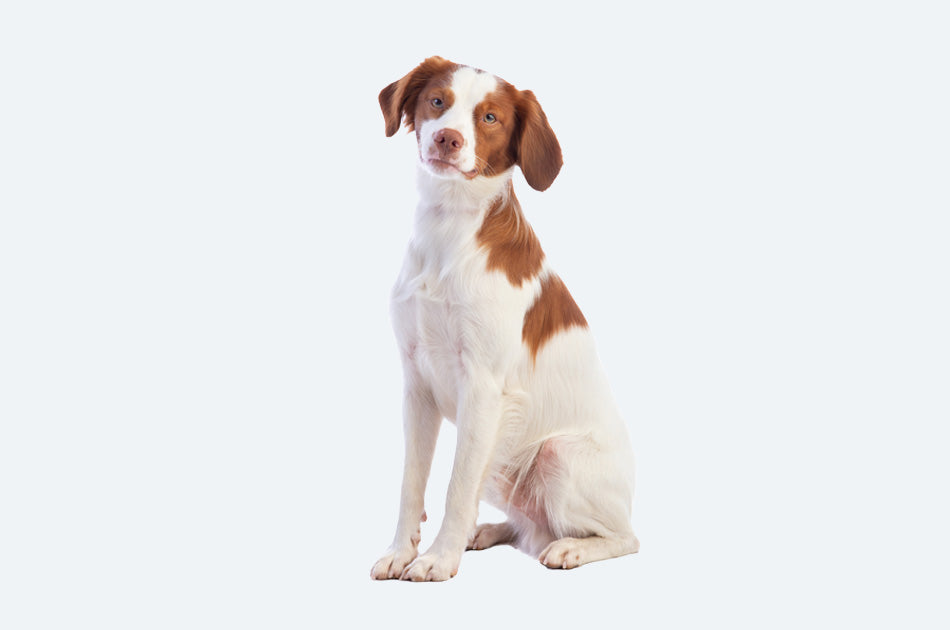
Breton
If you want to become the owner of a Breton, you should make sure to find a reputable breeder. How much a Breton costs will vary, but you can expect a price of around 10,000 to 20,000 kr for a Breton.
It is important to choose a seller who provides you with information about how the dog was bred to ensure that you are not contributing to uncontrolled or illegal dog trade. Unfortunately, not everyone breeds properly and properly, which can lead to serious diseases in the puppies. Being well prepared and finding a reliable breeder is therefore in the best interest of both you and your dog.
